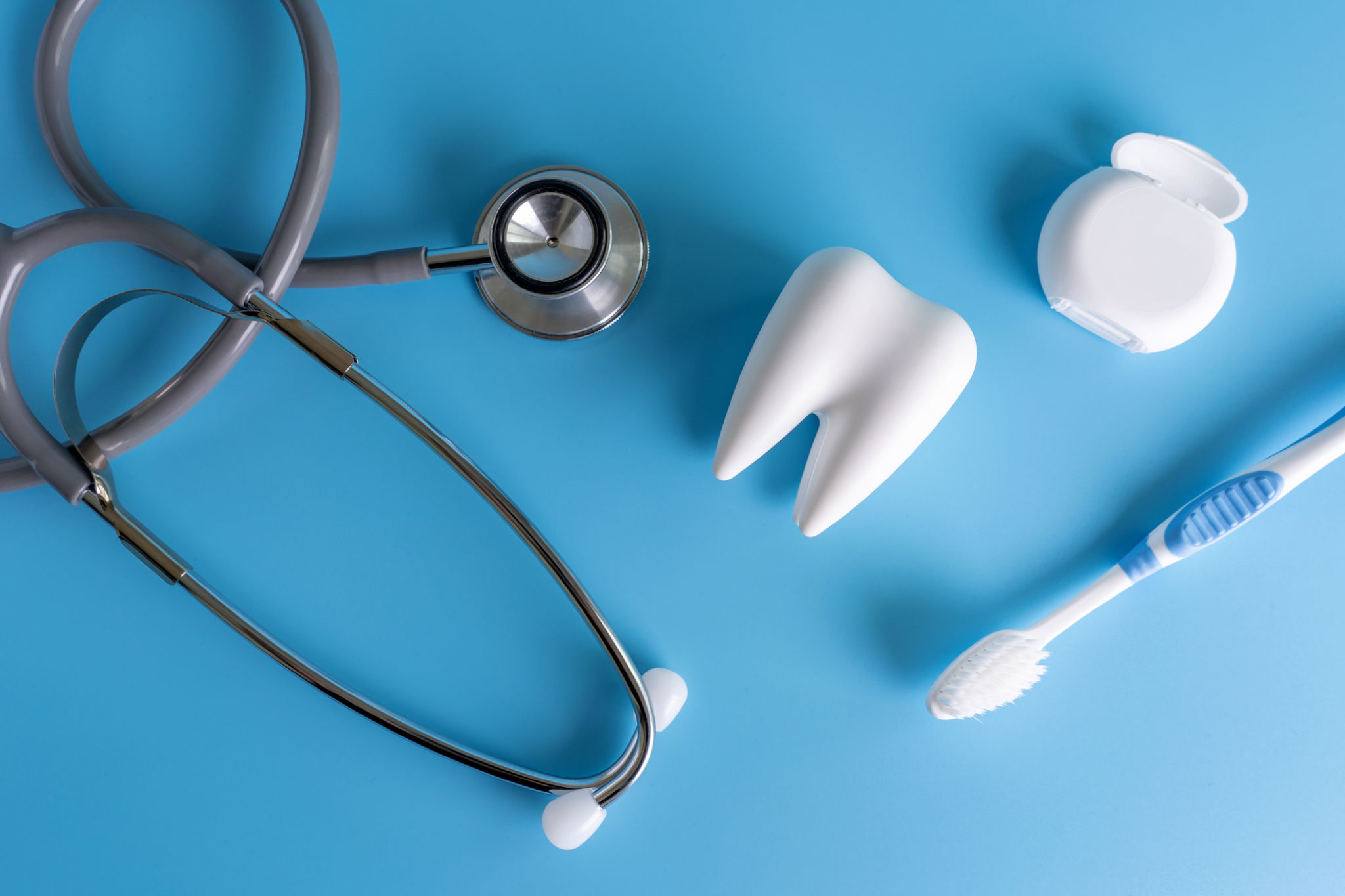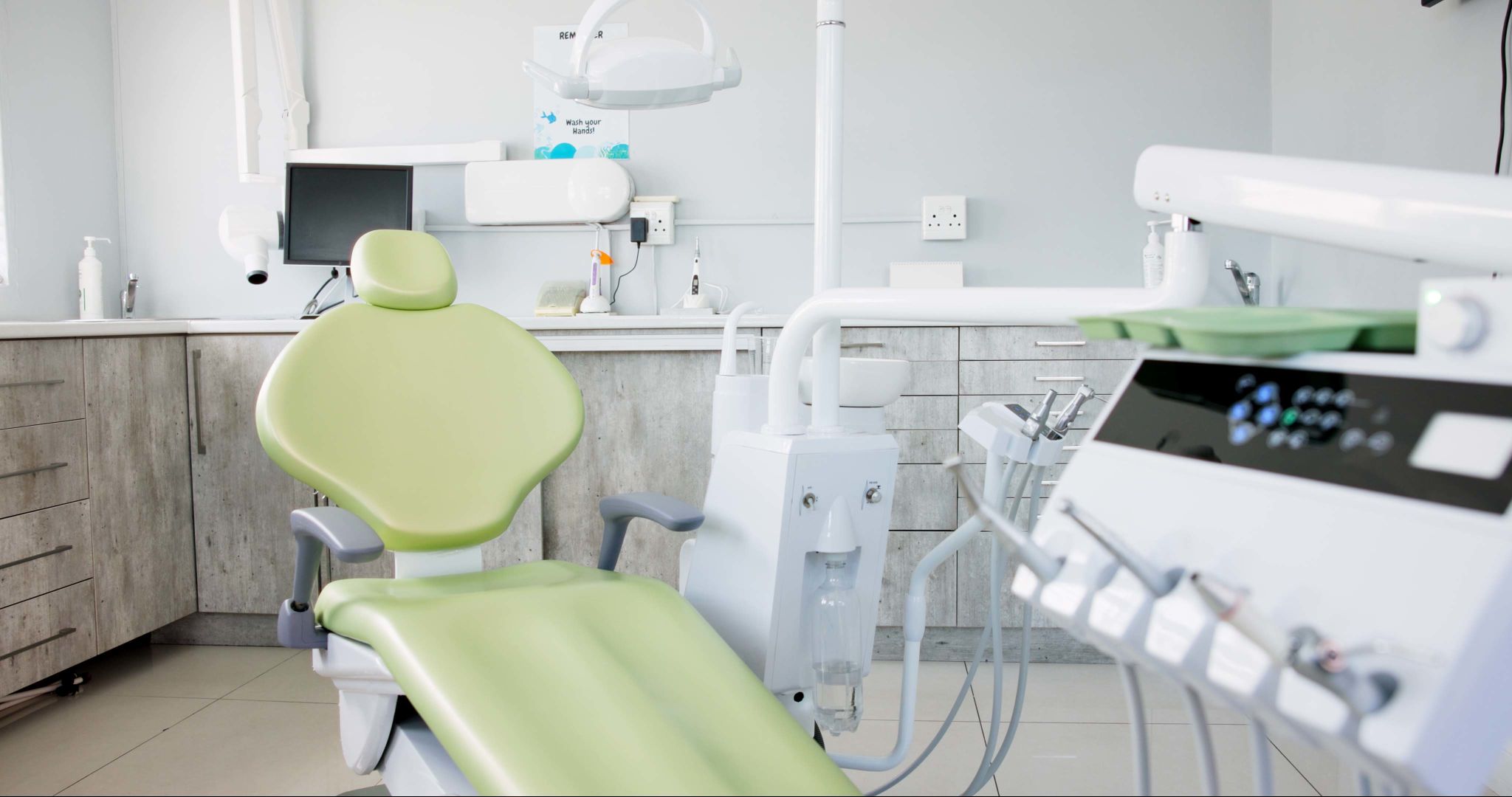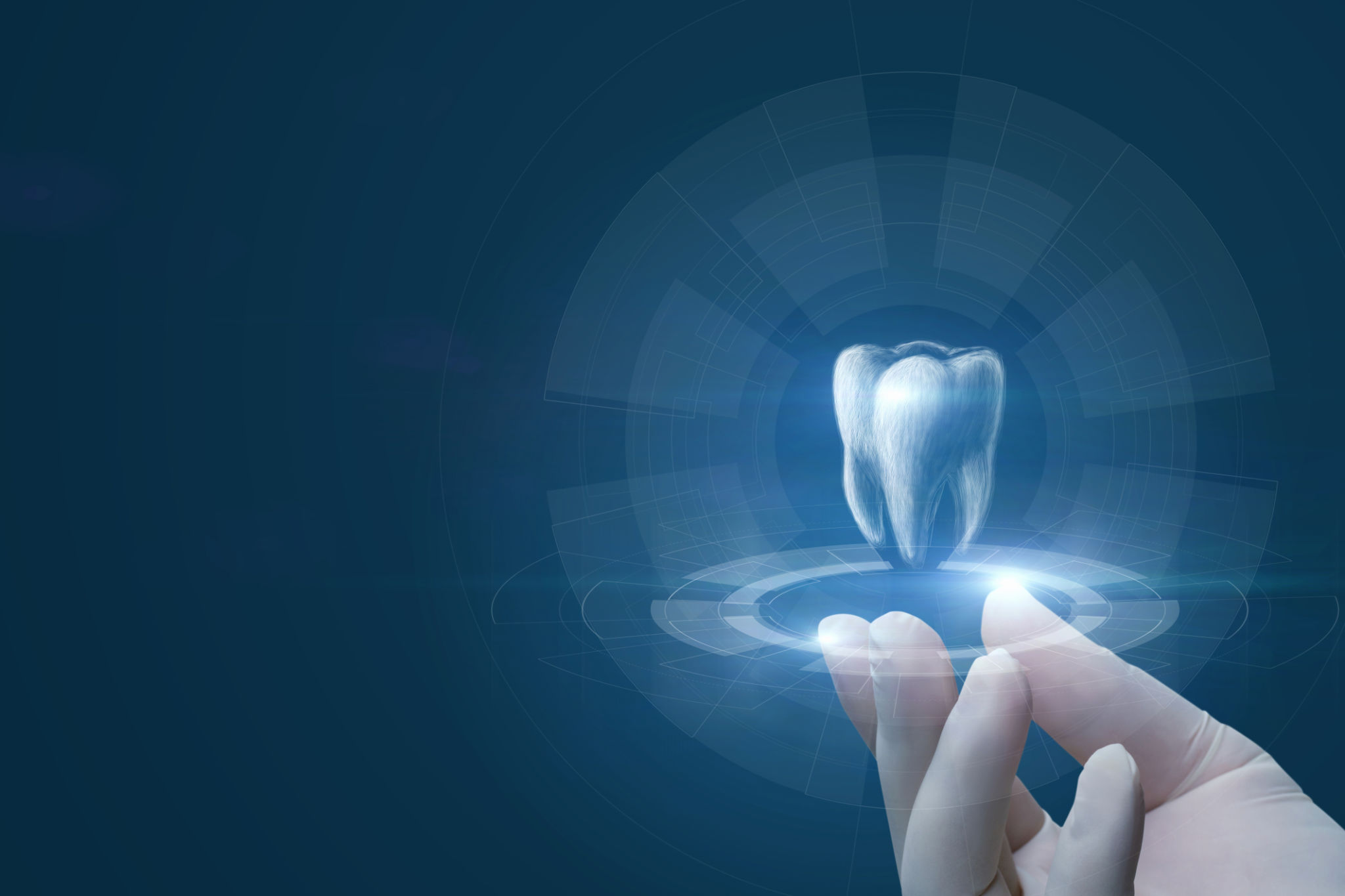How to Decide Between Buying or Leasing Dental Equipment for Your Clinic
Understanding the Basics: Buying vs. Leasing
When it comes to equipping your dental clinic, deciding whether to buy or lease dental equipment can significantly impact your practice's financial health and operational efficiency. Both options have distinct advantages, and the right choice depends on your specific needs, budget, and long-term goals.
Purchasing dental equipment means you own the asset outright. This can be beneficial in the long term as it allows you to build equity and potentially enjoy tax benefits such as depreciation deductions. However, the initial cost is usually higher, which might strain your cash flow if not managed carefully.

Leasing: Flexibility and Lower Initial Costs
Leasing dental equipment offers greater flexibility and usually involves lower upfront costs compared to buying. This option can be especially attractive for new practices that need to conserve capital for other expenses. Leasing allows you to keep up with the latest technology without a significant financial commitment.
Moreover, leasing payments are often considered a business expense, which can provide some tax advantages. However, it's important to read and understand the terms of the lease agreement carefully, as they might include restrictions on equipment usage or additional fees.

Evaluating Your Financial Situation
Your clinic's financial position plays a crucial role in the decision-making process. If you have ample cash reserves and prefer long-term investments, buying might be the better option. On the other hand, if maintaining cash flow is a priority, leasing can be a more prudent choice.
Consider creating a detailed budget that outlines your expected expenses and potential revenue. This will help you assess how each option aligns with your clinic's financial capabilities and growth plans.
Technology and Longevity
Dental technology is continuously evolving, with new advancements frequently emerging. If having the latest equipment is critical for your practice, leasing might be advantageous as it allows for easier upgrades when your lease term ends.
Conversely, if your practice relies on equipment with a long lifespan that doesn't require frequent updates, buying might be more cost-effective in the long run.

Impact on Patient Care
The quality of your equipment directly affects patient care. Whether you choose to buy or lease, ensure that the equipment meets the highest standards and enhances your ability to provide excellent service.
Consider how each option might influence your treatment capabilities and patient satisfaction. The right decision should ultimately support your clinic's mission of delivering optimal dental care.
Conclusion: Making an Informed Decision
Choosing between buying and leasing dental equipment requires careful consideration of several factors, including financial implications, technological needs, and patient care priorities. Weighing these elements against your clinic's long-term goals will guide you toward the best decision for your practice.
Consulting with financial advisors or industry experts can also provide valuable insights tailored to your specific situation. Ultimately, whether you decide to buy or lease, ensuring that your choice supports both your business objectives and patient care standards is paramount.
